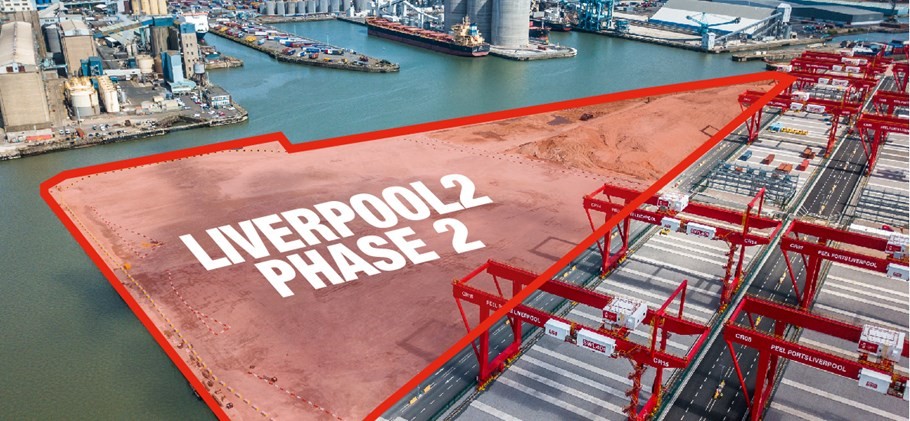
UK’s freight ecosystem braces for massive changes
Businesses impacted by Brexit should have resilient supply chains ready, irrespective of the final terms of the UK’s trade deal with the EU, according to Peel Ports
Advice from port operator Peel Ports that businesses should ensure they have resilient supply chains comes ahead of the Lloyd’s List/Lloyd’s Loading List October 28 Brexit & Beyond webinar, in which Peel Ports’ Group Commercial Director Stephen Carr will join Kevin Shakespeare, Trade Director, Institute of Export and International Trade, and Martin Meacock, Director, Product Management, Descartes Systems UK, to advise the best way forward for cargo industry players.
Mr Carr said: “Covid-19 and the Brexit transition have each provided a need for businesses to reassess and redefine their supply chain strategies, building back greener and driving forward greater efficiencies in the transportation of goods. Forward-thinking operators also understand the importance of building supply chain strategies that are agile and resilient enough to withstand whatever comes their way, including adopting more sustainable practices to reduce CO2 emissions and costs.”
The UK’s decision to leave the European Union is legislated to take practical effect with the end of the Brexit transition period on December 31.
For the UK’s freight ecosystem, this will mean massive changes in how it does business with its European trading partners.
Mr Carr said: “All businesses will be impacted by the changes Brexit will bring, but the preparations undertaken by UK’s ports industry provide an alternative to traditional routes, increase capacity and introduce new trade routes.”
Fellow Peel Ports executive David Huck, Managing Director – Group Ports, said: “Throughout the pandemic it was ports and their workers who kept vital goods including food and medicines flowing around the UK. Over the last few months, we’ve operated with a clear message that our ports are not just open for business, but are driving forward planned investments to ensure we adapt to the changing and often unexpected needs of supply chains.
“We’ve been preparing rigorously ahead of the Brexit deadline on December 31 and we’ve taken steps to improve resiliency with increased throughput capacity for HGV trailers, containers and storage to support smooth operations and help our customers navigate the challenges and harness the opportunities Brexit will bring,” Mr Huck said.
New physical and digital infrastructure is being prepared to facilitate customs and other borders processes on freight being transported between Britain and Europe, and also for Northern Irish traffic.
This includes new inspection facilities and IT systems to undertake the new frontier controls on trade, which will come in as a result of the UK’s departure from the Single Market and the Customs Union
LOJİPORT










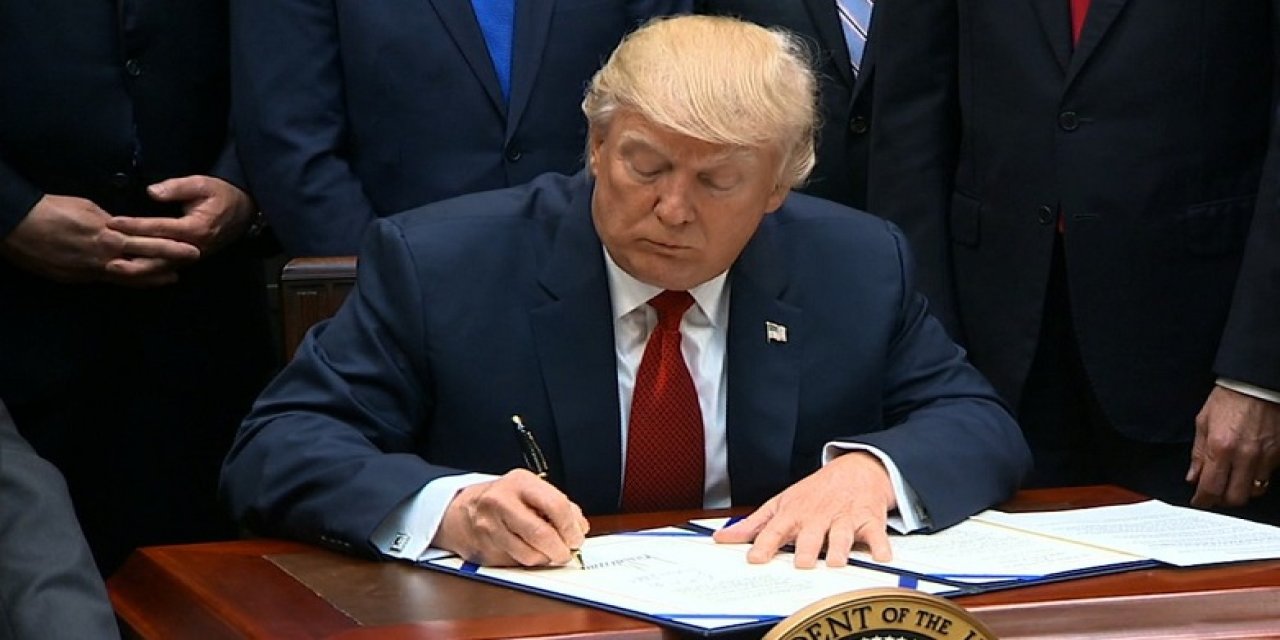
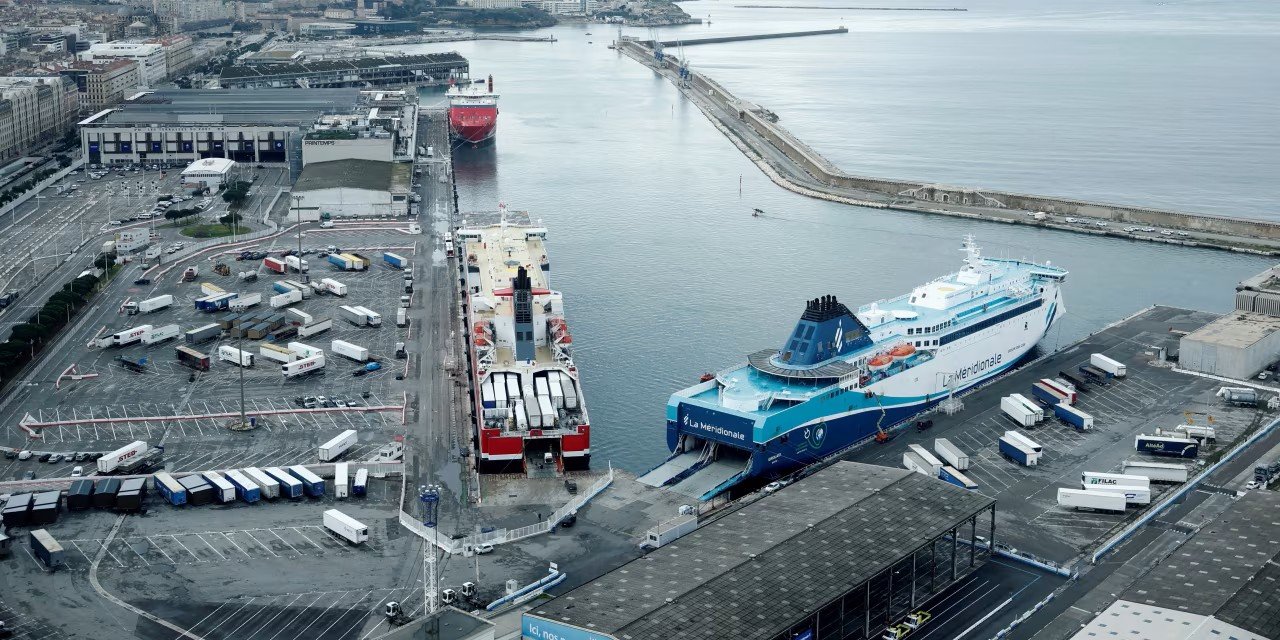


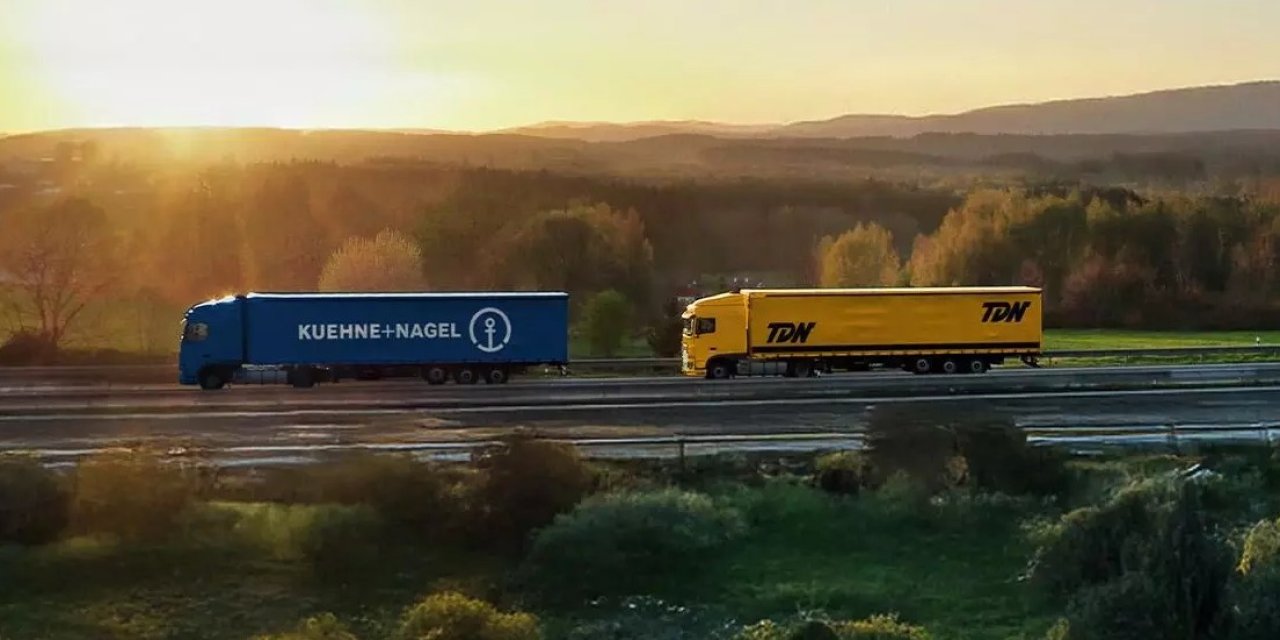
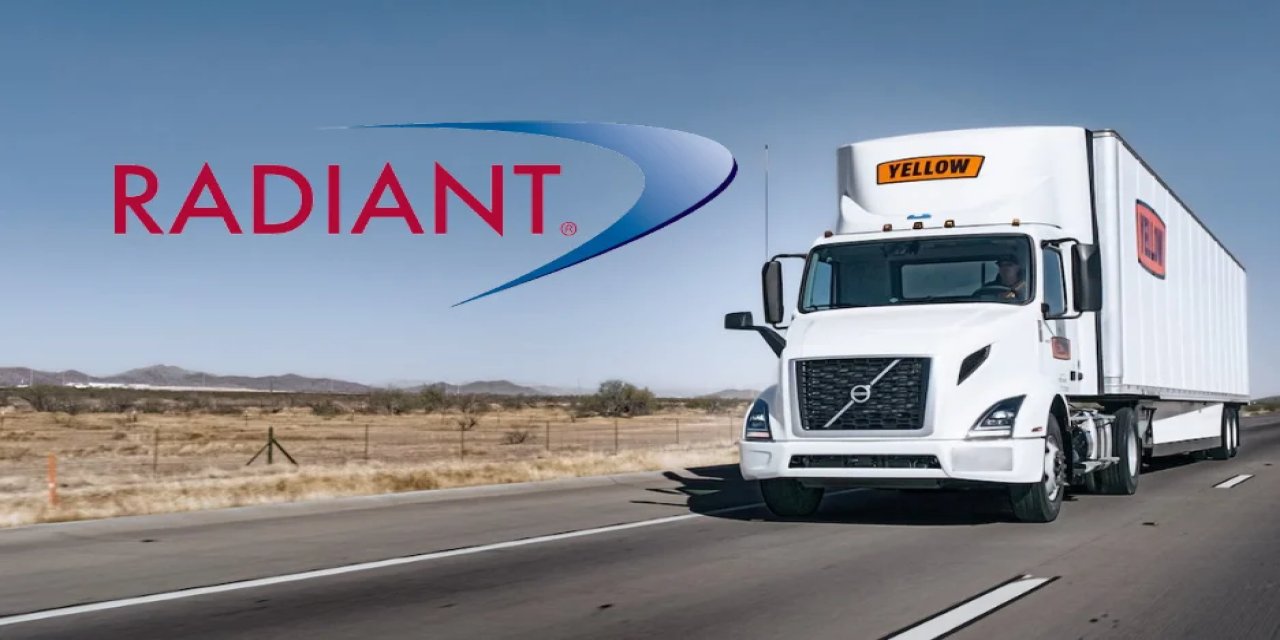



Türkçe karakter kullanılmayan ve büyük harflerle yazılmış yorumlar onaylanmamaktadır.